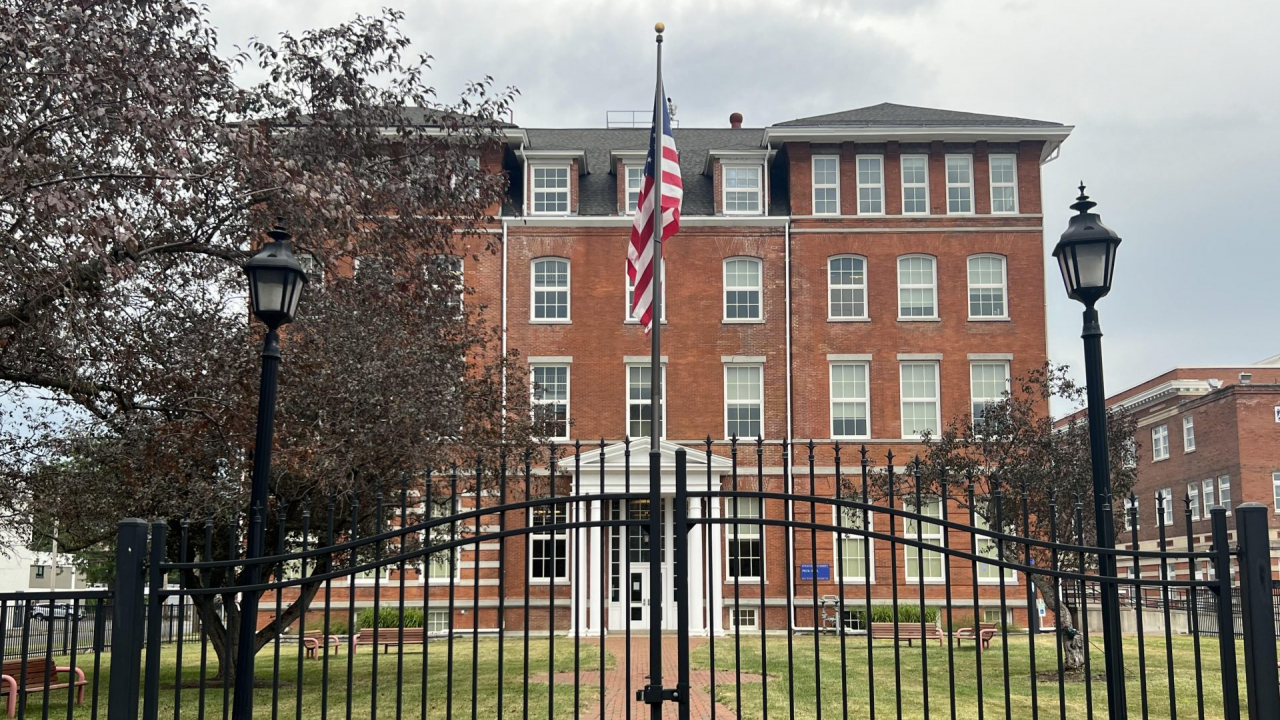
SYRACUSE, N.Y. (NCC News) — Mental health clinics are struggling to meet the growing demand for patient care.
More than half of the U.S. population lives in a mental health professional shortage area, according to the Bureau of Health Workforce.
There is an even greater shortage of professionals specializing in child therapy, according to Tyler Sliker, director of the Syracuse University Falk College Couple and Family Therapy Clinic (CFTC).
“We get lots of calls from parents seeking care for their teens who have contacted various clinics and private practice providers, sometimes without even getting a callback because those sites are so overwhelmed,” Sliker said.
Sliker, who uses they/them pronouns, said it is a trend in the Syracuse community.
To help address the shortage of child mental health professionals, CFTC offers a program specializing in child therapy to train Syracuse University students.
“We have a number of students coming out here with that interest, so it’s hopefully starting to fill that gap,” they said.
Sliker said it brings them joy to guide and serve as a role model for these students.




